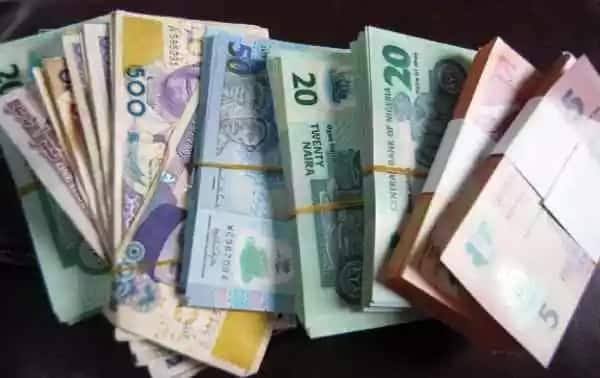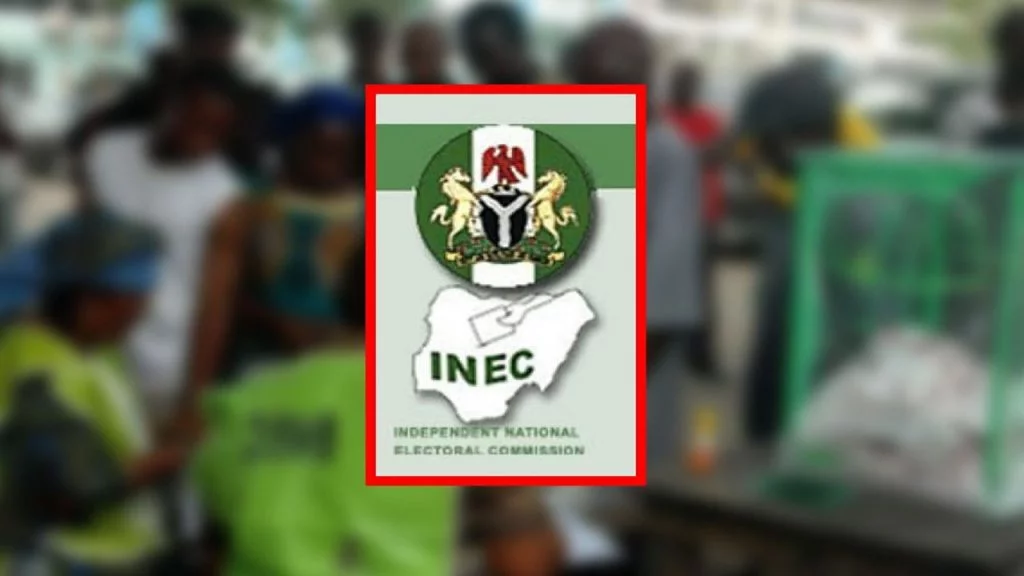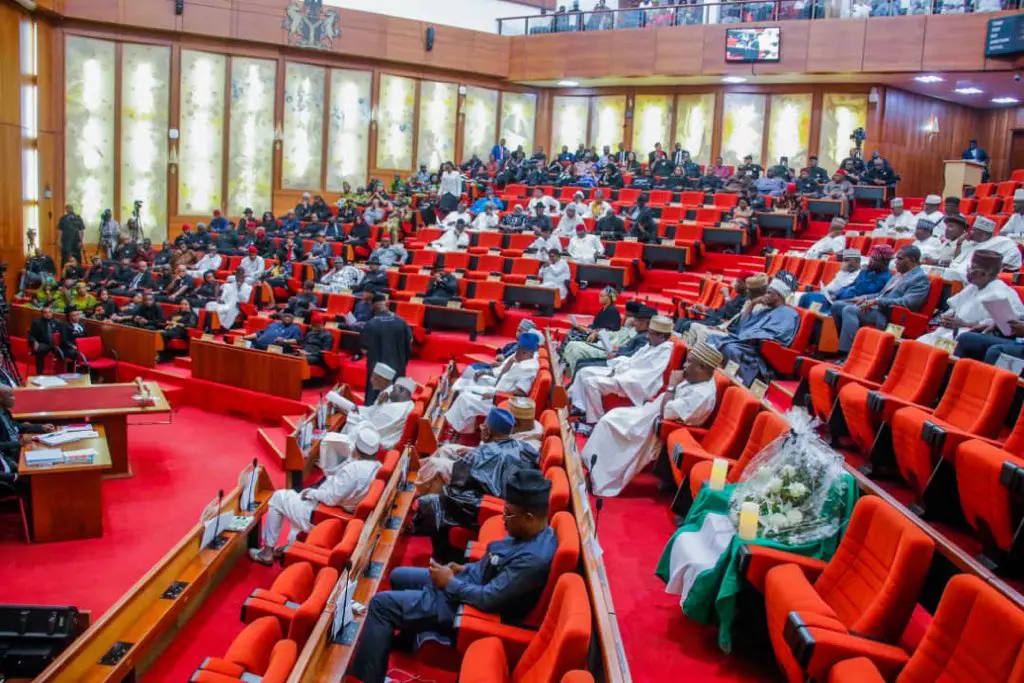The Debt Management Office (DMO) has stated that Nigeria’s total public debt (federal and state governments) hit N35.46 trillion at the end of the second quarter (Q2) of 2021.
This represents an increase of N2.36 trillion compared to the N33.10 trillion recorded in March 2021.
This breakdown of the country’s public debt stock for the second quarter of 2021 was given by director-general of DMO, Patience Oniha during a virtual media presentation on Wednesday.
She said the federal government accounts for 83.07 percent of the debt burden while the 36 states and the federal capital territory (FCT) held 16.93 percent.
Oniha said the total external debt stock rose from N12.47 trillion as of March 31 to N13.71 trillion as of June 30, indicating an increase of N1.24 trillion or 9.94 percent.
Also, the total domestic debt stock rose from N20.64 trillion as of March 31 to N21.75 trillion as of June 30, indicating an increase of N1.11 trillion or 5.38 percent.
At the end of Q2 2021, external debt stock made up 38.66 percent while domestic debt stock made up 61.34 percent of the total public debt stock.
The debt to gross domestic product (GDP) ratio rose from 21.13 percent to 21.92 percent within the second quarter.
At the end of the second quarter, a breakdown of external debt stock showed that multilateral debt (from World Bank Group and African Development Group) led the list of Nigeria’s creditors with a share of 54.88 per cent.
The second highest was commercial debt (from eurobonds and diaspora bonds), with a share of 31.88 percent.
It was followed by bilateral debts (from China, France, Japan, India and Germany) with a share of 12.70 per cent, while promissory notes had a share of 0.54 percent.
The DMO boss said that the debt stock was fast-growing, with high debt service to revenue ratio, alongside issues around the use of debt proceeds.
She blamed the public debt issues on high infrastructure deficit, recession, consecutive budget deficits, low revenue base, worsened by the country’s dependence on oil revenue.
She said the government needed to expand its revenue base and promote public-private partnerships.
Oniha also spoke on the means and ways, which encompassed government borrowing from the Central Bank of Nigeria (CBN).
“Like most central banks, the CBN Act 2007 allows the Central Bank of Nigeria to lend to the government. So, the CBN lending to the government is neither prohibited nor a bad thing,” she said.
She admitted that the limit placed on federal government borrowing from the apex bank had been violated due to revenue shortfalls and spending that the government had to make.
“We are currently working at converting it to a tenor facility. This is because overdrafts should be cleared when they are due,” the DMO boss explained.
Oniha while speaking on the president’s recent request for fresh loans argued that the amount was captured in the country’s medium-term expenditure framework and fiscal stability paper (MTEF/FSP) and duly approved by the federal executive council (FEC).




